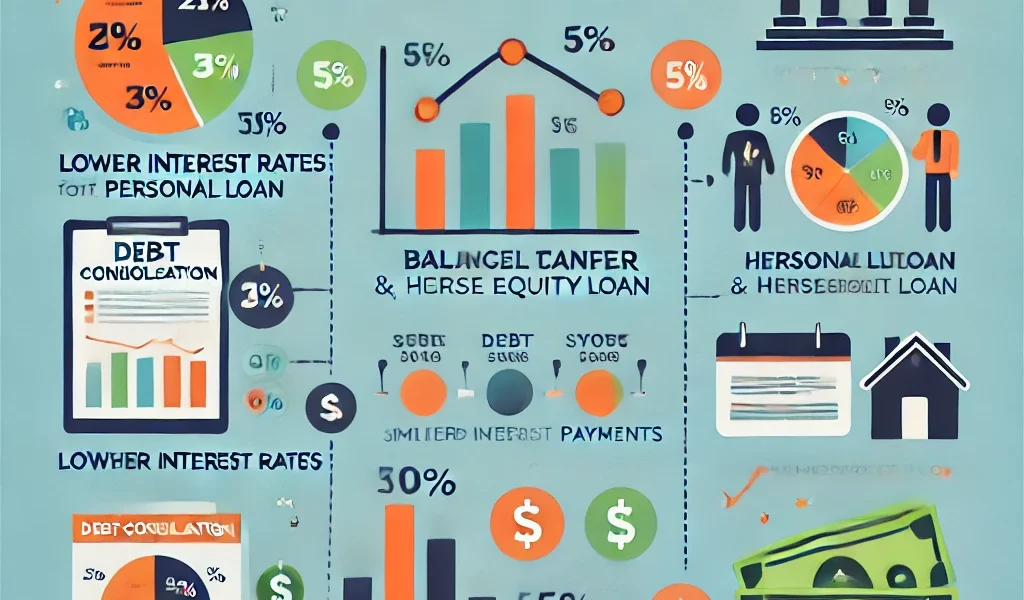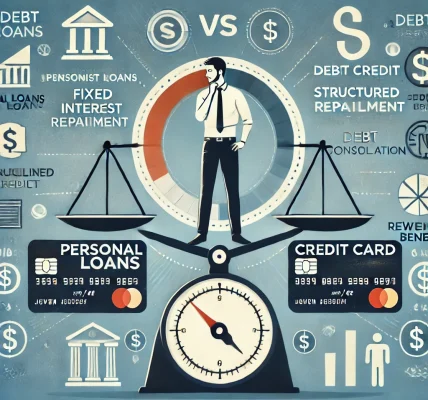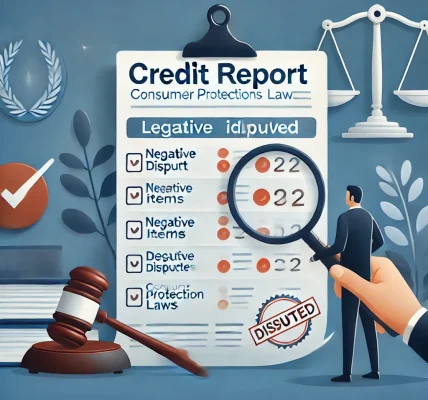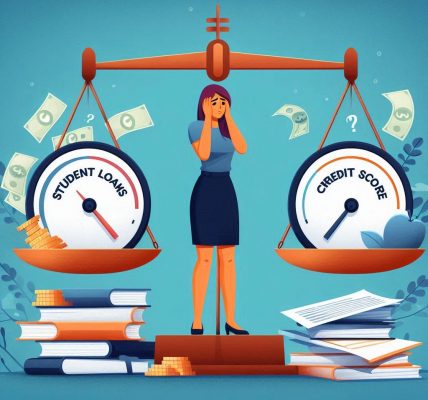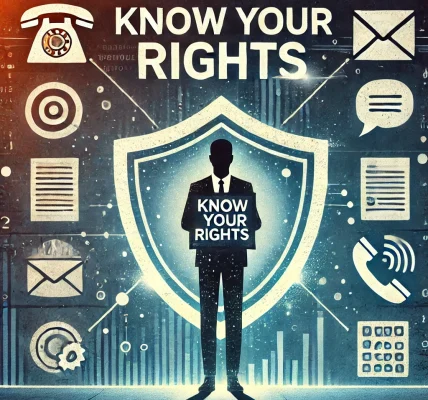Managing multiple debts with high interest rates can be overwhelming. Debt consolidation is a financial strategy that simplifies repayments by combining multiple debts into a single loan, often at a lower interest rate. This guide will walk you through the benefits, risks, and step-by-step process of consolidating your debt while ensuring you make informed financial decisions.
What is Debt Consolidation?
Debt consolidation is the process of combining multiple debts—such as credit card balances, personal loans, or medical bills—into one loan with a single monthly payment. The primary goal is to secure a lower interest rate, reduce financial stress, and pay off debt faster.
Benefits of Debt Consolidation
✅ Lower Interest Rates: Reducing the interest rate can help you save money over time. ✅ Simplified Payments: Managing one loan is easier than juggling multiple due dates. ✅ Improved Credit Score: Making timely payments on a consolidation loan can boost your credit. ✅ Faster Debt Payoff: A structured repayment plan helps eliminate debt efficiently. ✅ Reduced Monthly Payments: Extending loan terms can lower your monthly obligation.
However, debt consolidation is not a one-size-fits-all solution. Understanding the risks is crucial.
Potential Risks of Debt Consolidation
⚠️ Longer Repayment Period: Extending the loan term may mean paying more in interest overall. ⚠️ Possible Fees: Some consolidation loans come with origination fees or prepayment penalties. ⚠️ Temptation to Accumulate More Debt: Paying off old debts may lead to increased spending. ⚠️ Credit Score Impact: A hard inquiry during loan approval may temporarily lower your score.
Best Ways to Consolidate Debt
1. Personal Loans for Debt Consolidation
- Take out a personal loan with a lower interest rate than your existing debts.
- Use the funds to pay off high-interest credit cards or loans.
- Choose a repayment term that fits your budget.
Best for: Borrowers with good credit who want fixed payments and lower interest rates.
2. Balance Transfer Credit Cards
- Transfer high-interest credit card balances to a new card with a 0% introductory APR.
- Pay off the balance before the promotional period ends to avoid high interest.
Best for: Individuals with excellent credit who can pay off debt quickly.
3. Home Equity Loan or HELOC
- Use home equity to secure a loan with lower interest rates.
- Be cautious, as failure to repay could lead to foreclosure.
Best for: Homeowners with significant equity and stable income.
4. Debt Consolidation Loans
- Offered by banks, credit unions, and online lenders.
- Fixed rates and structured repayment plans help manage debt effectively.
Best for: Those who qualify for low-interest loans and prefer predictable payments.
5. Debt Management Plan (DMP)
- Work with a nonprofit credit counseling agency.
- They negotiate lower interest rates and consolidate payments into a single monthly bill.
Best for: Individuals struggling with high credit card debt and looking for professional guidance.
How to Consolidate Your Debt in 5 Simple Steps
Step 1: Assess Your Debt and Credit Score
- List all outstanding debts, including balances, interest rates, and monthly payments.
- Check your credit score to understand which consolidation options you qualify for.
Step 2: Compare Debt Consolidation Options
- Research lenders, interest rates, fees, and repayment terms.
- Choose an option that aligns with your financial goals.
Step 3: Apply for a Debt Consolidation Loan
- Gather necessary documents (pay stubs, credit reports, debt statements).
- Submit applications to lenders and compare offers.
Step 4: Pay Off Existing Debts
- Once approved, use loan proceeds to pay off high-interest debts.
- Do not accumulate new debt while repaying the consolidation loan.
Step 5: Stick to a Repayment Plan
- Make timely payments to avoid penalties.
- Set up automatic payments or reminders to stay on track.
- Consider budgeting strategies to prevent future debt.
Frequently Asked Questions
Does debt consolidation hurt my credit score?
- Initially, applying for a new loan may cause a small dip in your score.
- Over time, making consistent payments can improve your credit score.
Can I consolidate debt if I have bad credit?
- Yes, but interest rates may be higher.
- Consider working with a credit counseling agency for alternative options.
Is debt consolidation the same as debt settlement?
- No, consolidation combines debts into one loan, while settlement negotiates lower balances.
- Debt settlement can damage credit scores and may have tax consequences.
Final Thoughts
Debt consolidation is a powerful tool to regain financial stability, reduce interest costs, and simplify debt repayment. However, it’s essential to choose the right method based on your credit profile and financial goals. By making informed decisions and committing to responsible financial habits, you can achieve long-term debt freedom.
